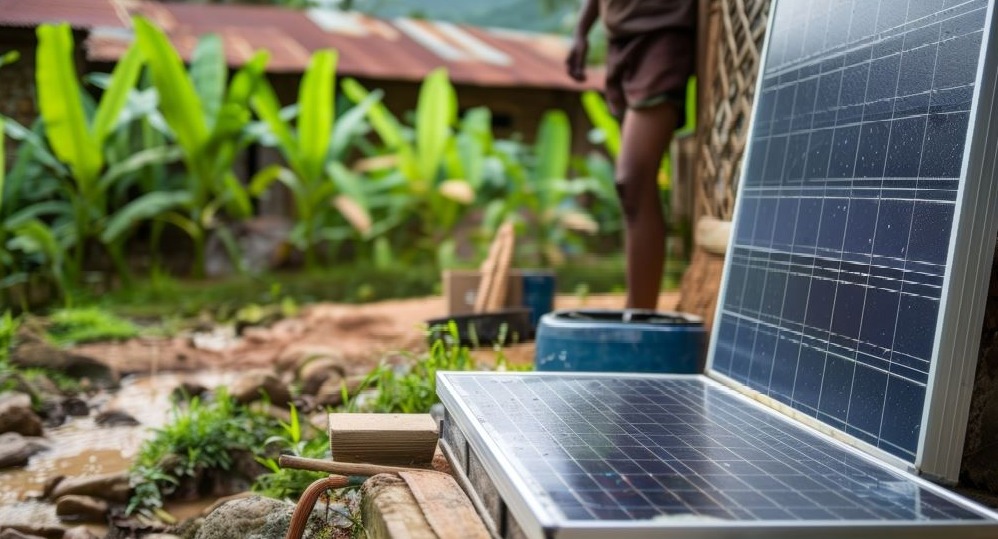Solar Powered Portable Water Purification System

KEY INFORMATION
TECHNOLOGY OVERVIEW
Access to clean and safe drinking water is essential for health, yet millions of people worldwide still lack this necessity. According to the World Health Organization (WHO), over 2 billion people globally use drinking water sources contaminated with feces, leading to severe health consequences. Unsafe water, along with inadequate sanitation and hygiene, is estimated to cause 485,000 diarrheal deaths each year.
Water purification technologies face significant challenges, especially in decentralized systems lacking the efficiencies of large-scale operations. They often have a substantial carbon footprint due to energy-intensive processes and reliance on chemicals. Existing portable devices primarily use filtration and have a limited lifetime on-site, with little opportunity for cleaning to restore its performance.
Developed by a research team, this technology effectively addresses the above challenges by employing electrochemical methods that generates strong oxidizing agents to kill micro-organisms present in raw water and potentially degrade organic pollutants that conventional portable reactors cannot remove via filtration. Due to its working mechanism, the device is self-cleaning and does not need regeneration. By harnessing solar energy and activated carbon, this chemical-free purification approach is not only environmentally friendly but also perfectly suited for deployment in remote areas, developing countries, and disaster-stricken zones where traditional water treatment infrastructure is lacking.
The technology owner is looking for collaborations with local SMEs to co-develop scaled systems and deploy it through disaster relief organizations, government agencies and non-profit organizations in selected developing countries.
TECHNOLOGY FEATURES & SPECIFICATIONS
Power Source:
- Solar-powered, enabling operation in off-grid and remote areas, resulting in reduction of operational costs and ensures continuous, sustainable water purification
Electrochemical Reactor:
- Anode: Mixed Metal Oxide (MMO) anode which generates strong oxidizing agents to degrade certain recalcitrant pollutants
- Cathode: Activated Carbon, enhancing contaminant removal through absorption and electrochemical processes
Chemical-Free Operation:
- Eliminating the need for chemicals, making it more sustainable, safer and more cost effective
Contaminant Removal:
- Organic Contaminants: The technology can effectively remove organic pollutants, with 65% of an initial 50 ppm phenol concentration being removed within 60 minutes proven in a prototype system.
- Coliform Reduction: Electrochemical treatment rapidly reduces coliform levels to meet water reuse guidelines of less than 10 CFU/100 mL in just 3 minutes.
- Biochemical Oxygen Demand (BOD₅): The system is capable of bringing BOD₅ levels within guideline standards in as little as 15 minutes.
POTENTIAL APPLICATIONS
Water Treatment: Provides clean water in areas without conventional water treatment infrastructure
Humanitarian Aid: Supports disaster relief and NGOs in emergencies like natural disasters and refugee camps.
Rural Development: Serves remote and rural areas, especially in developing countries without centralize facilities.
Mobile units: Portable purification for troops in harsh or remote environments, ideal for off-grid communities, emergency preparedness and mobile operations needing reliable water purification.
Unique Value Proposition
Sustainable Power Source: Solar-powered, reducing reliance on external energy sources and ensuring operation in off- grid locations
Chemical-Free Operation: utilizes electrochemical methods, environmentally friendly
Effective Contaminant Removal: Capable of degrading recalcitrant pollutants and organic compounds
